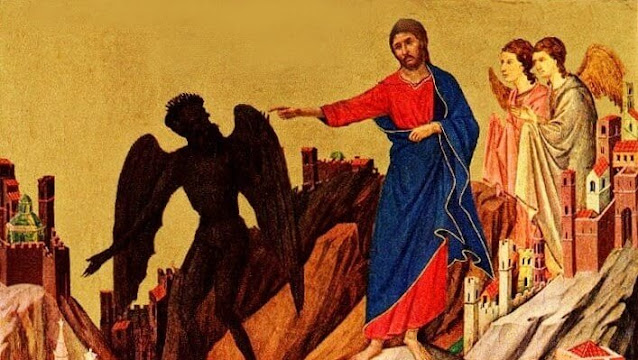Homily for the 5th Sunday of Lent, March 17, 2024, Year B
Fr. Charles Irvin Diocese of Lansing ( Click here for Sunday’s readings ) When you encounter paradox, you’re close to the heart of the Gospel, a message in which we are presented with two statements that seemingly contradict each other. So here, today, we find Jesus speaking about His cross, His path to glory through humiliation, life through death, good through evil. Nothing in human history is so totally paradoxical as the crucifixion of Jesus Christ. About to be displayed in degradation, He speaks of His glory being revealed. In Roman times a crucifixion was supposed to be a public spectacle. Yet it is at the same time a personal matter for you and for me. Your salvation and mine are found in it. Yes, the crucifixion of Jesus Christ on Calvary was a spectacular event. The characters were momentous. Rome was there in her imperial power. One of the world’s great religions was there in an hour of critical decision. Yet it is also true that this historical and monumental sp



